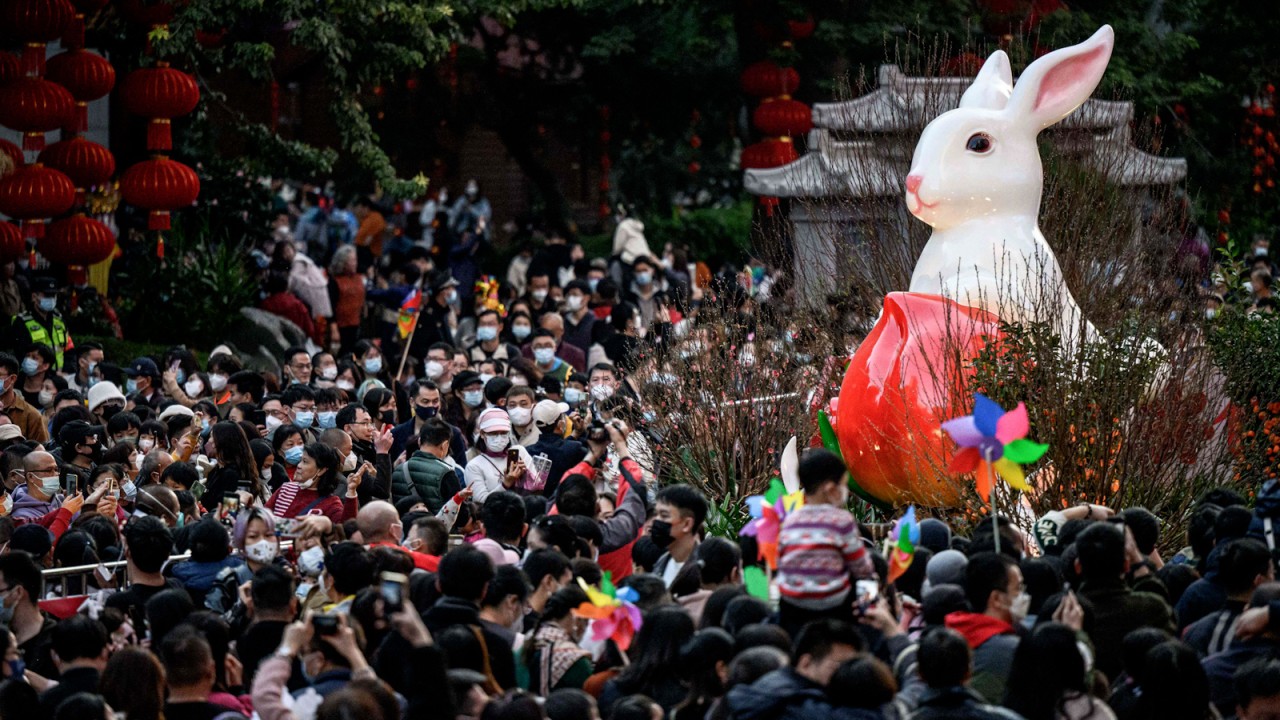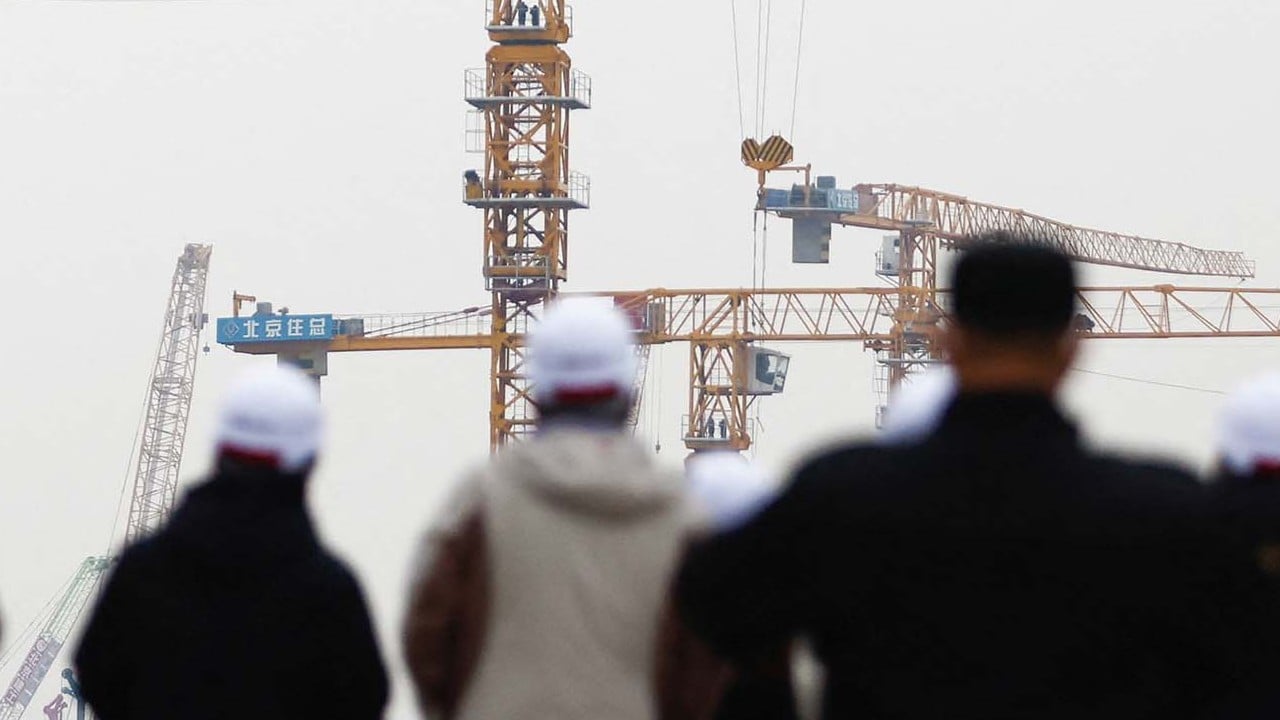
China will fine-tune policy to boost private sector support, official at state think tank linked to planning body says
- Article by deputy director of Xi Jinping Economic Thought Research Centre comes days ahead of legislative session expected to reveal policy direction
- The top leadership is focusing on the private sector in a bid to revive China’s Covid-hit economy, after an earlier crackdown soured public opinion
The comments from Huang Weiting, deputy director of the Xi Jinping Economic Thought Research Centre, came as he rallied for both institutional and popular backing for the private sector in an article for an official journal of China’s ruling Communist Party.
The article by Huang – whose think tank is affiliated with top planning body the National Development and Reform Commission – appeared on Wednesday in the Study Times, a Central Party School publication.
Addressing the annual economic work conference in December, Xi had highlighted the importance of the private sector for economic growth, job creation, government revenue, technology and innovation.
He said China would revise rules and regulations to reduce market entry barriers and encourage local governments to serve private firms better, according to remarks published last week by Qiushi – another party school publication and backed by the party’s Central Committee.
Beijing has emphasised the pursuit of a “bigger and stronger” state-owned enterprise sector in recent years, while the private sector is seen as a “necessary supplement”.
The crackdown on private business not so long ago, with internet, property and education firms facing antitrust probes, funding restrictions and even closure, had boosted hostile online narratives against entrepreneurs, even though the private sector is China’s main economic driver.
Private firms account for more than half of China’s government revenue, 60 per cent of its gross domestic product (GDP) and 80 per cent of urban jobs, according to official data.
But the confidence of the sector has taken a hit. Last year, while China’s fixed asset investment rose 5.1 per cent from 2021 to 57.2 trillion yuan (US$8.2 trillion), investment from the private sector only edged up 0.9 per cent.
The lack of confidence was a result of China’s trade frictions with the US and other Western countries, poor policy implementation of local governments and an unfavourable environment in social media that stigmatised private economy and entrepreneurs, according to Ren Zeping, well-known economist and deputy director of the China Private Economy Research Institution.
In an article posted on his WeChat account in December, Ren and six other Chinese economists urged Beijing to maintain policies “in continuity” and improve predictability.
“Long-term investments will only be made when entrepreneurs have a stable expectation of policies and a sense of security,” they wrote as China was beginning to ease Covid-19 restrictions that had been in place since early in the pandemic.
Zhou Jie, the owner of an auto parts factory in the prosperous eastern province of Jiangsu, said he would probably sell the business if there was no strong sign suggesting private enterprise was welcome when the National People’s Congress – China’s top legislative body – starts its annual session on March 5.
“The government should have a consistent attitude to the private sector. When the economy is good, you crack down on its expansion. When it is bad, you drum up praise. Things shouldn’t be done like that,” Zhou said.
Economists widely expect China to set a GDP growth target at around 5 per cent this year, after the economy expanded just 3 per cent last year, dragged down by the so-called zero-Covid policy of strict border controls and mass lockdowns.
The figure was far below the government’s own target of around 5.5 per cent and one of China’s worst performances in nearly half a century.



